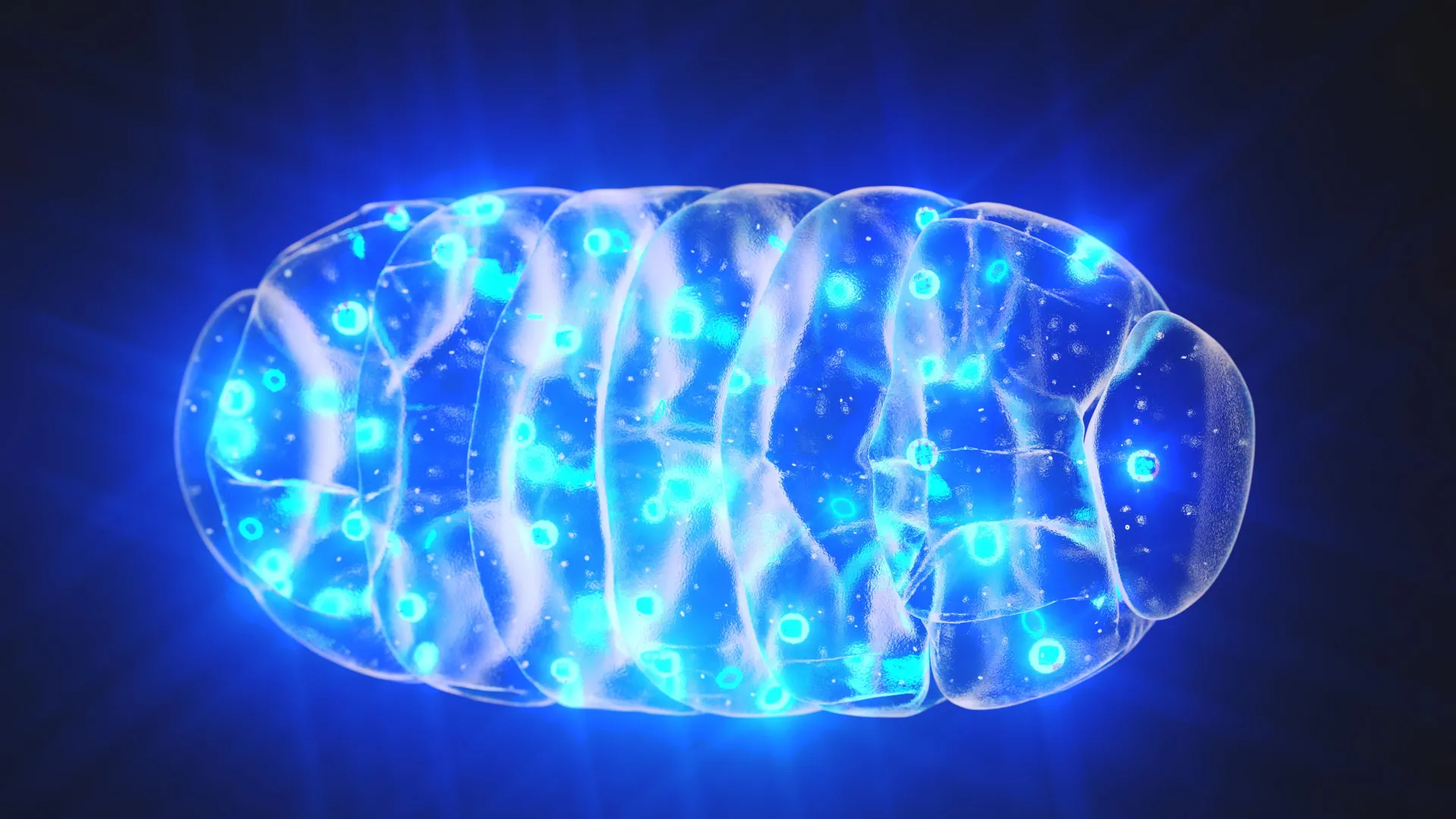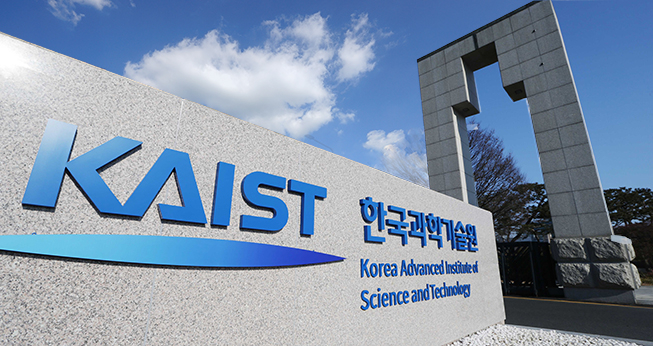
Applying to KAUST - Your Complete Guide for Masters & Ph.D. Programs (Upcoming Admissions)
Admissions Overview & Key Requirements

In a groundbreaking study, researchers have uncovered a direct cause-and-effect link between mitochondrial dysfunction and memory loss, providing fresh hope for treatments of neurodegenerative diseases such as Alzheimer’s. By developing a novel tool to boost mitochondrial activity in mouse models, scientists were able to restore memory performance, suggesting that targeting mitochondria could be a revolutionary approach to slowing or even preventing cognitive decline.
Mitochondria, often referred to as the "powerhouses" of cells, generate the energy required for cellular functions. The brain, one of the most energy-demanding organs in the body, relies heavily on mitochondria to fuel neuron communication. When mitochondrial activity falters, neurons cannot function properly, contributing to cognitive deficits observed in diseases like Alzheimer’s.
Until now, researchers have struggled to determine whether mitochondrial dysfunction was a cause or consequence of neurodegenerative diseases. Previous studies had linked impaired mitochondria with neuron degeneration, but confirming a direct causal relationship was elusive due to a lack of tools capable of specifically modulating mitochondrial activity.
The new study, conducted by scientists from INSERM, the University of Bordeaux, and the Université de Moncton in Canada, overcame this hurdle by developing mitoDreadd-Gs, an artificial receptor that directly activates G proteins within mitochondria. G proteins play a crucial role in intracellular communication, and their activation in mitochondria effectively boosts the organelle’s energy production.
When the researchers stimulated mitoDreadd-Gs in mouse models of dementia, they observed restored mitochondrial activity and normalized memory performance. This represents the first time a direct causal link has been established between mitochondrial dysfunction and cognitive symptoms, strongly suggesting that impaired mitochondria could initiate neuronal degeneration rather than simply being a byproduct.
"This work is the first to establish a cause-and-effect link between mitochondrial dysfunction and symptoms related to neurodegenerative diseases," said Giovanni Marsicano, INSERM research director and co-senior author of the study.
"These results give us a much clearer understanding of the crucial role mitochondria play in brain function," added Étienne Hébert Chatelain, professor at the Université de Moncton and co-senior author. "The tool we developed can help identify the molecular and cellular mechanisms responsible for dementia and aid the development of effective therapies."
The team now plans to investigate whether continuous stimulation of mitochondrial activity can further impact disease progression, potentially delaying or even preventing neuronal loss.
This study opens a promising new avenue in the fight against Alzheimer’s and other neurodegenerative disorders, suggesting that enhancing the brain’s cellular powerhouses could become a powerful therapeutic strategy.
The study was published in Nature Neuroscience on 11 August 2025, titled ‘Enhancement of mitochondrial function by mitoDREADD-Gs reverses pharmacological and neurodegenerative cognitive impairment in mice’ (DOI: 10.1038/s41593-025-02032-y).
Share

Applying to KAUST - Your Complete Guide for Masters & Ph.D. Programs (Upcoming Admissions)
Admissions Overview & Key Requirements

Erasmus Mundus Joint Master's 2026 (Upcoming Admissions)
Erasmus Mundus programs are scholarships available to students worldwide, offering fully-funded Master’s degrees to study in Europe!

Registration Opens for SAF 2025: International STEAM Azerbaijan Festival Welcomes Global Youth
The International STEAM Azerbaijan Festival (SAF) has officially opened registration for its 2025 edition!

KAIST International Graduate Admissions Spring 2026 in Korea (Fully Funded)
Applications are open for KAIST International Admissions for Master’s, Master’s-PhD Integrated, Ph.D., and Finance MBA

Young Leaders Union Conference 2025 in Paris (Fully Funded)
Join Global Changemakers in Paris! Fully Funded International Conference for Students, Professionals, and Social Leaders from All Nationalities and Fields

An mRNA cancer vaccine may offer long-term protection
A small clinical trial suggests the treatment could help keep pancreatic cancer from returning